News |
|
Today the European Association of Innovation Consultants (EAIC) releases a position paper analysing the EIC Accelerator (EICA) programme's performance and providing crucial recommendations for future work programmes. This document evaluates the November 2023 results against cumulative data, highlighting significant trends and making recommendations to enhance the EIC Accelerator's impact on the European deep-tech ecosystem. Key Findings and Recommendations 1. Declining success rates: The success rate for EICA interviews dropped to 17% in November 2023, resulting in an overall success rate of 4% for full applications. This decline is partly attributed to a preference for large investment components, which has been a consistent trend throughout 2023. 2. Funding distribution: In the last cut-off of 2023, €285 million was awarded to 47 candidates, with a substantial 86.8% allocated to blended financing candidates. This mirrors the annual trend where blended and equity-only financing dominated 84% of the funding. 3. Budget constraints: Severe budget cuts from 2023 onwards necessitate a clearer focus on the types of companies supported by the EIC Accelerator. The position paper suggests that current funding strategies are counterproductive given these constraints. 4. Recommendations: - Refocus on Grant-Only Cases: Prioritize a significant portion of the budget for grant-only projects to foster a transformation in the evaluation mindset and reduce perceived biases towards blended finance. - Limit Equity Requests: For blended finance applications, cap the maximum equity request at €5 million and introduce key milestones to ensure accountability and effective use of funds. The EAIC recommendations aim to enhance the EIC Accelerator's efficiency and attractiveness, ensuring it better supports high-potential, less mature companies essential for Europe's innovation landscape. META Group has joined EAIC in February 2024!
Upon joining, Alessia Melasecche, META Group CEO, said “Our commitment to maximizing the impact of R&I finds a synergistic match with EAIC's dedication to enhancing professional skills and expertise in European R&I projects.” She added: “our participation in EAIC will allow us to contribute to and influence innovation policies, which is a core aspect of META’s mission." Welcome to META Group and its team! Find out more about their services here. The European Association of Innovation Consultants (EAIC) expresses its appreciation for EIC Board's introduction of the Code of Conduct for Consultants. This initiative reflects a commendable dedication to transparency, fairness, and ethical practices in European Innovation Council. In its public statement released today in response to the dedicated public consultation, EAIC highlights the facts that:
EAIC offers additional written comments on the EIC Code text and recommends to:
The EIC Accelerator is the most impactful and coveted funding instrument that the EC has at its disposal to fund high-risk deep-tech innovation. The funding decisions made by the EIC in the coming years will durably shape the future of European deeptech, with €7 billion currently allocated to the EIC Accelerator to fuel the next European champions in strategic domains such as quantum, bioinformatics, high-performance computing, cybersecurity, cleantech, healthcare, etc.
As part of the revamp of the EU Multiannual Financial Framework (MFF) presented in June by the European Commission, the EIC is now in line for an extra €2.6 billion for the Accelerator programme to provide, via the EIC Fund, additional equity funding of €15-50 million to support scale-up of companies in three strategic areas: deeptech, cleantech and biotech. The EAIC commends the European Commission for this proposed reallocation of budget as access to sufficient capital post-initial funding will allow the selected scale-ups to continue their R&D efforts, scale their operations, and maintain a steady growth trajectory without resorting to non-European investors. However, early-stage startups are not targeted by this new EIC Fund compartment: they will have to rely on the normal EIC Accelerator budget, which will see a significant decrease in 2024, from €1.09 billion in 2023, to €563 million in 2024 available for new EIC Accelerator laureates. Today the European Association of Innovation Consultants (EAIC) releases its response to the European Commission Consultation on the Past, Present and Future Framework Programme for Research and Innovation.
EAIC sets out key challenges that applicants and beneficiaries frequently encounter when preparing a proposal and running a project under the current Framework Programme, Horizon Europe (2021-2027). These challenges relate to the following four themes:
“EAIC Members support thousands of beneficary organisations, many of whom are new comers to the Framework Programme”, says EAIC President, Pekka Koponen, “Today, we share this wealth of experience to improve Horizon Europe implementation and lay the ground for the preparation of its successor.” Main recommendations - EAIC calls on the European Commission to:
The European Commission published the drafts of the majority of the work programmes under Horizon Europe for the 2023 – 2024. These drafts have not been adopted or endorsed by the European Commission, but they were published to provide potential participants with the currently expected main lines of this work programme.
According to the European Commission, actions included in these work programmes will help accelerate the clean energy transition in line with the REPowerEU Plan, improve food security, cybersecurity, help ensure open strategic autonomy and reduce dependencies on critical raw materials, and accelerate delivery of the Green Deal. For example, a package of actions across the ‘Climate, Energy and Mobility’, ‘Digital, Industry and Space’ and ‘Food, Bioeconomy, Natural Resources, Agriculture and Environment’ clusters in particular will aim to speed up the clean energy transition. In addition, this work programme includes targeted actions to support Ukraine such as reinforcing Ukrainian researchers’ access to European research infrastructures while the EU Mission for Climate-Neutral and Smart Cities will support a number of Ukrainian cities in integrating the principles of climate neutrality in their reconstruction. With the 2023 – 2024 Horizon Europe work programme, the EU will invest around €13.5 billion in research and innovation. The published drafts include the work programmes for:
Download the drafts here. Source: The European Commission On Tuesday 10 May, EAIC submitted its contribution to the European Innovation Agenda call for evidence launched earlier in April by the European Commission.
The EC was seekign feed-back on Five essential action points it identified to improve Europe’s innovation performance:
The EAIC welcomes this initiative, we stress in particular the following:
This position paper summarises the opinion of the EAIC (European Association of Innovation Consultants). EAIC comprises 50 members present in 26 European Countries, supporting around 40% of all the companies awarded EIC Accelerator funding in 2021.
Feedback from the June 2021 cut-offBased on a survey of 23 of its members, the European Association of Innovation Consultants (EAIC) has released a position paper, which summarises the return of experience from the first batch of applicants about the design and usage of the submission tool.
|
|||||||
| EIC Budget - EAIC Infographic.pdf | |
| File Size: | 177 kb |
| File Type: | |
The European Commission announced yesterday that over 2,000 sustainable innovation companies from 38 different countries have applied for financial support of €7.8bn from the one-off EIC Accelerator Green Deal call. We can expect a 4% success rate for this call, a similar level as for the October 2019 cut-off.
When Commission President Ursula von der Leyen outlined Europe’s “green recovery” plan to the European Parliament last week, it was understood that the Green Deal would be placed at the centre of the EU’s recovery effort.
The Green Deal has the capacity to help the EU economy recover from the COVID-19 crisis, with proposals of this specific call focusing on the following aspects:
- climate mitigation
- the transition to a clean & circular economy
- zero pollution ambitions
- toxic free environments
Read more here.
When Commission President Ursula von der Leyen outlined Europe’s “green recovery” plan to the European Parliament last week, it was understood that the Green Deal would be placed at the centre of the EU’s recovery effort.
The Green Deal has the capacity to help the EU economy recover from the COVID-19 crisis, with proposals of this specific call focusing on the following aspects:
- climate mitigation
- the transition to a clean & circular economy
- zero pollution ambitions
- toxic free environments
Read more here.
Will COVID-19 kill the EIC Accelerator?
Or will the EIC Accelerator be the medical ventilator of distressed European SME champions?
Or will the EIC Accelerator be the medical ventilator of distressed European SME champions?
We face the most serious healthcare crisis of the last 100 years, a crisis that is highly impacting all components of our economic infrastructure. Through the release of this new Position Paper, the EWGIC calls on the EU Parliament and European Commission to take immediate action, through implementing an EIC Accelerator Airdrop that can offer liquidity to start-ups and innovative SMEs affected by the current crisis.
This position paper focuses on SMEs and the role that the European Commission must play to protect them, via the Horizon 2020 EIC Accelerator programme.
The EWGIC has summarised the most urgent problems to solve, with regards to the EIC Accelerator Programme, highlighting the following challenges to address:
The EC, along with EASME, REA and the EIB, all have a strong influence on the future of European SMEs, which is why the EWGIC now urges them to save our European SME champions.
This position paper focuses on SMEs and the role that the European Commission must play to protect them, via the Horizon 2020 EIC Accelerator programme.
The EWGIC has summarised the most urgent problems to solve, with regards to the EIC Accelerator Programme, highlighting the following challenges to address:
- Oversubscription will have serious adverse effects on the programme unless the effort is made to increase budgets or curb the number of submissions,
- evaluation criteria must be clarified to ensure fair treatment of all proposals,
- running EIC projects must be protected, with additional pre-financing and simplified periodic reporting, and
- it’s time for an #EICAirdrop !
The EC, along with EASME, REA and the EIB, all have a strong influence on the future of European SMEs, which is why the EWGIC now urges them to save our European SME champions.
Categories
All
Bio-based
Board
Call
Circular
Clusters
Code Of Conduct
COVID-19
EIC
EIC Accelerator
EU Budget
Events
Gender Equality
Green Deal
H2020
Horizon Europe
Infographics
Innovation Fund
Job Offers
Joint Undertaking
LIFE Programme
Manifesto
Members
MSCA
Next Generation EU
Partnership
Position Paper
Press Release
Project Management
Recovery Plan
R&I
Archives
July 2024
June 2024
April 2024
February 2024
January 2024
December 2023
October 2023
September 2023
July 2023
June 2023
May 2023
April 2023
February 2023
January 2023
December 2022
November 2022
October 2022
September 2022
July 2022
June 2022
May 2022
April 2022
March 2022
February 2022
January 2022
December 2021
November 2021
October 2021
September 2021
August 2021
July 2021
June 2021
May 2021
April 2021
March 2021
February 2021
January 2021
December 2020
November 2020
October 2020
September 2020
July 2020
June 2020
May 2020
April 2020
March 2020
February 2020
January 2020
December 2019
September 2019



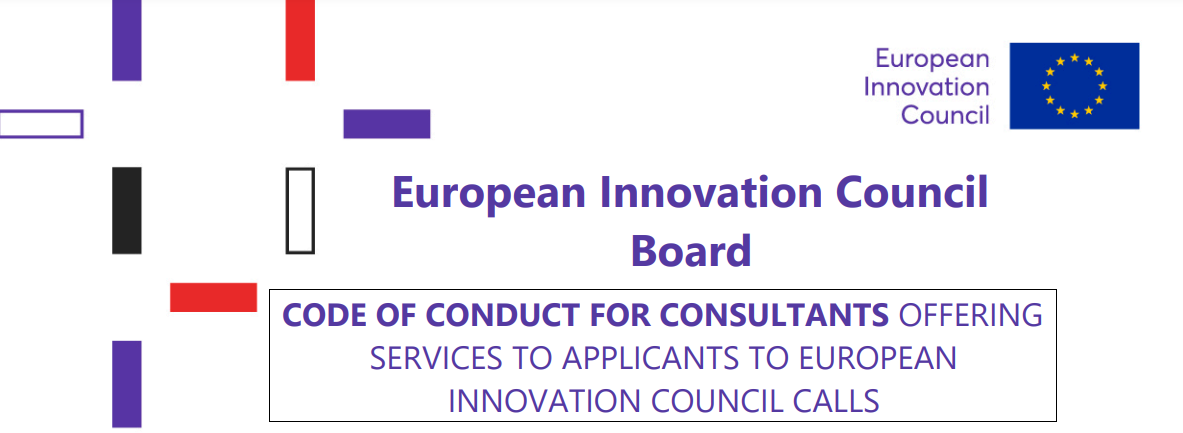
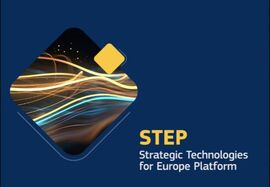

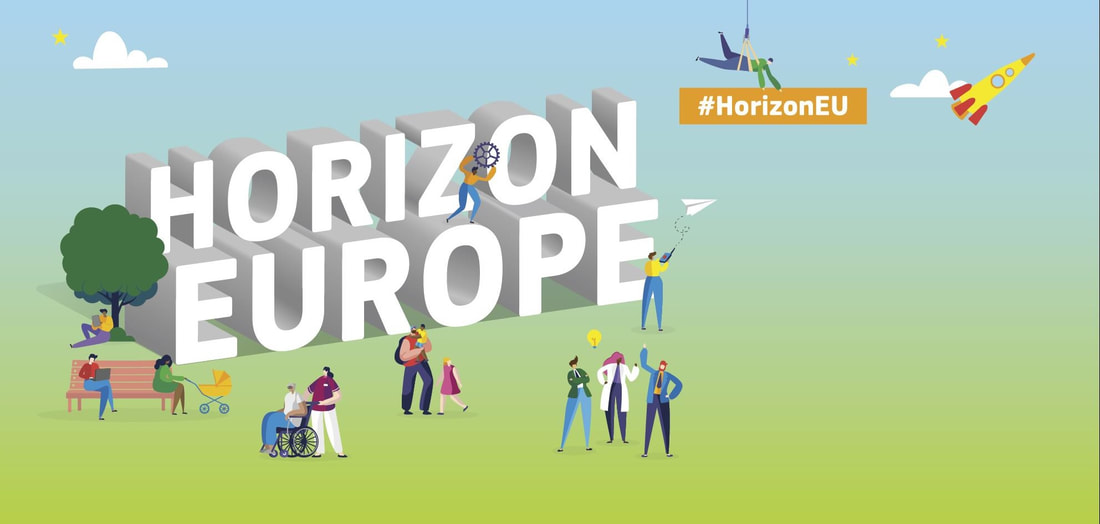
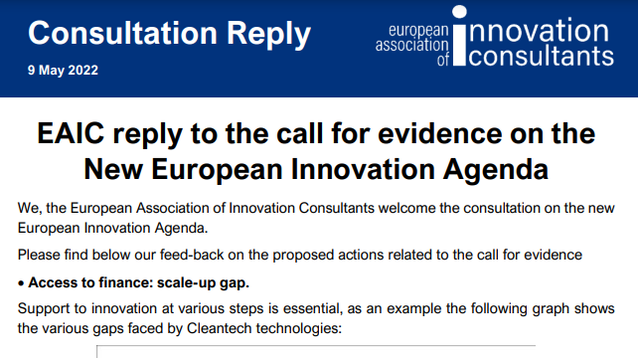


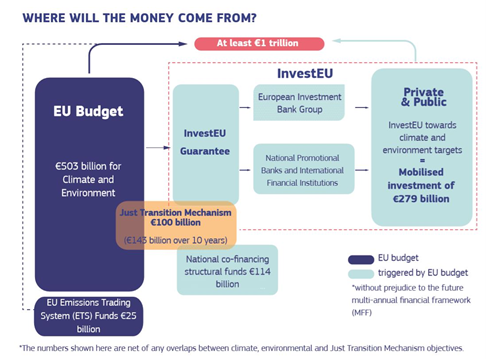
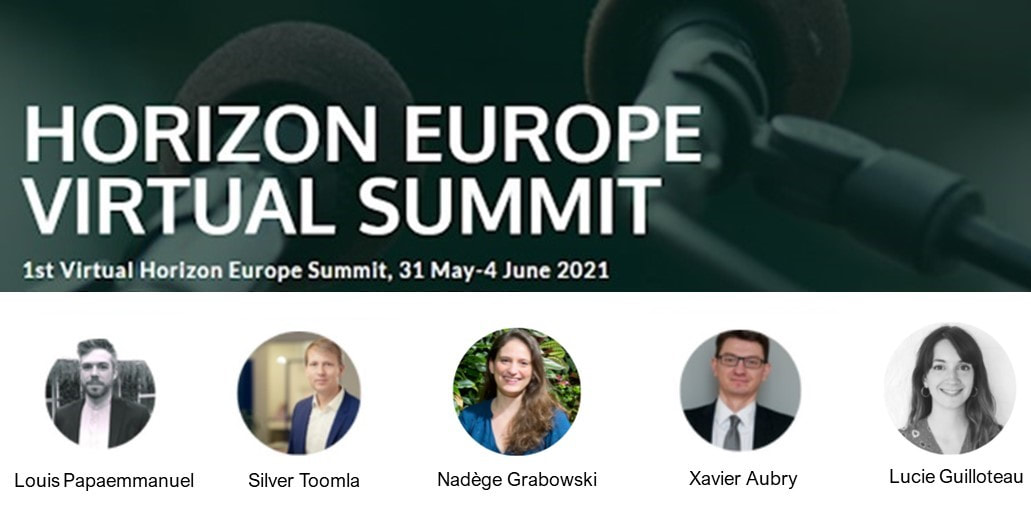
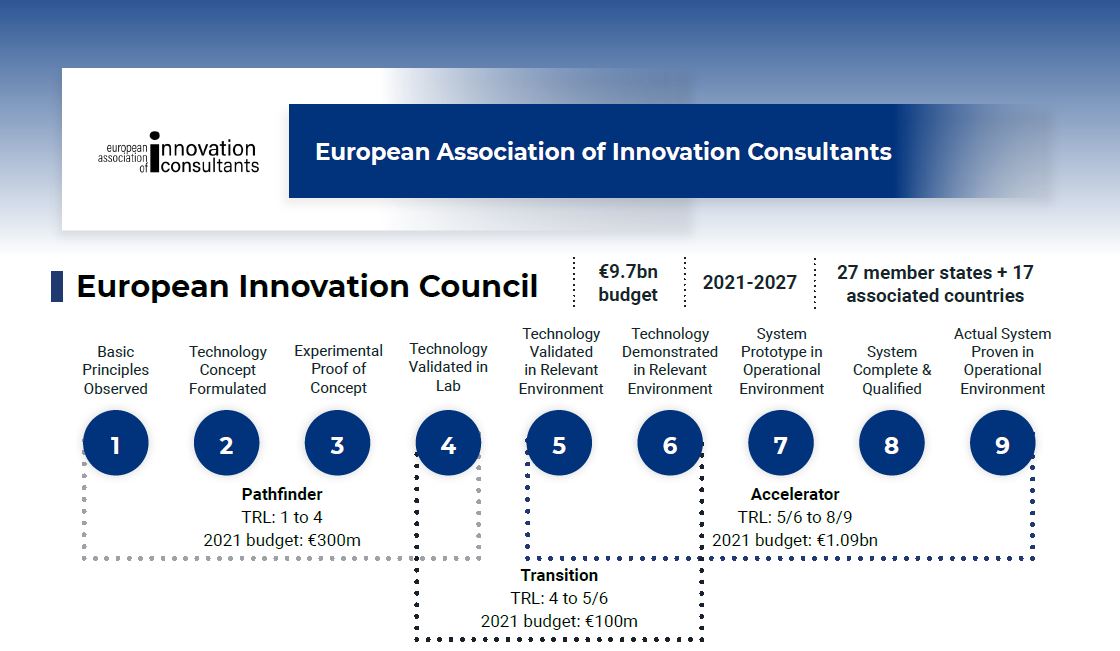
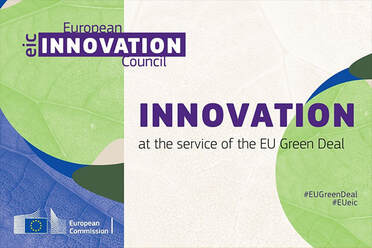
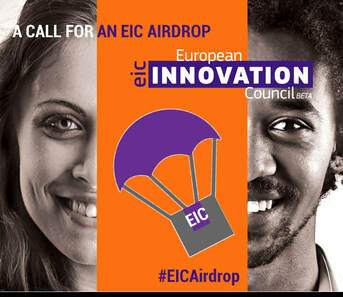
 RSS Feed
RSS Feed
